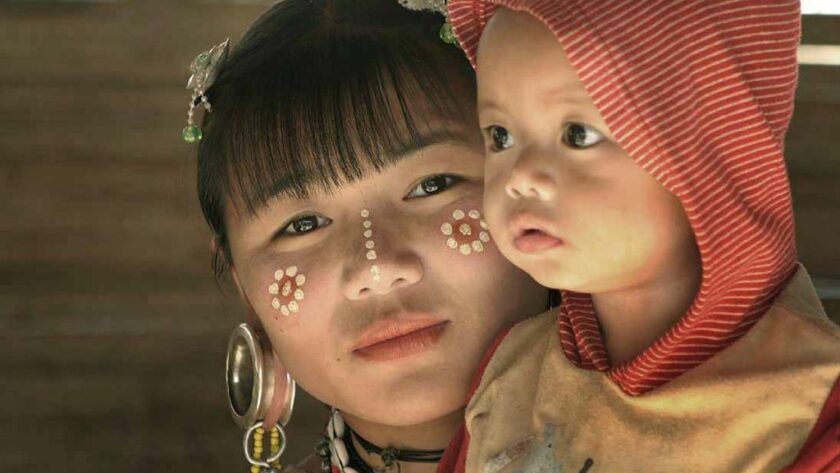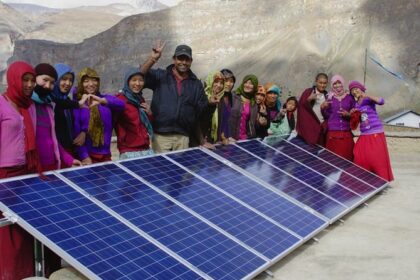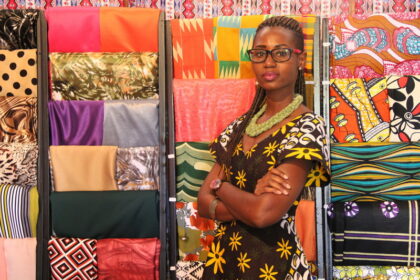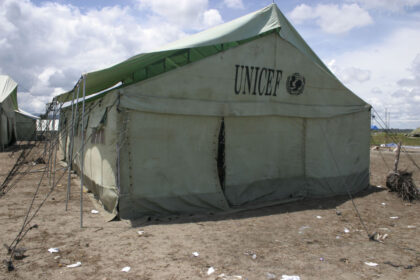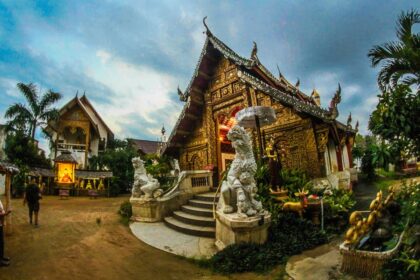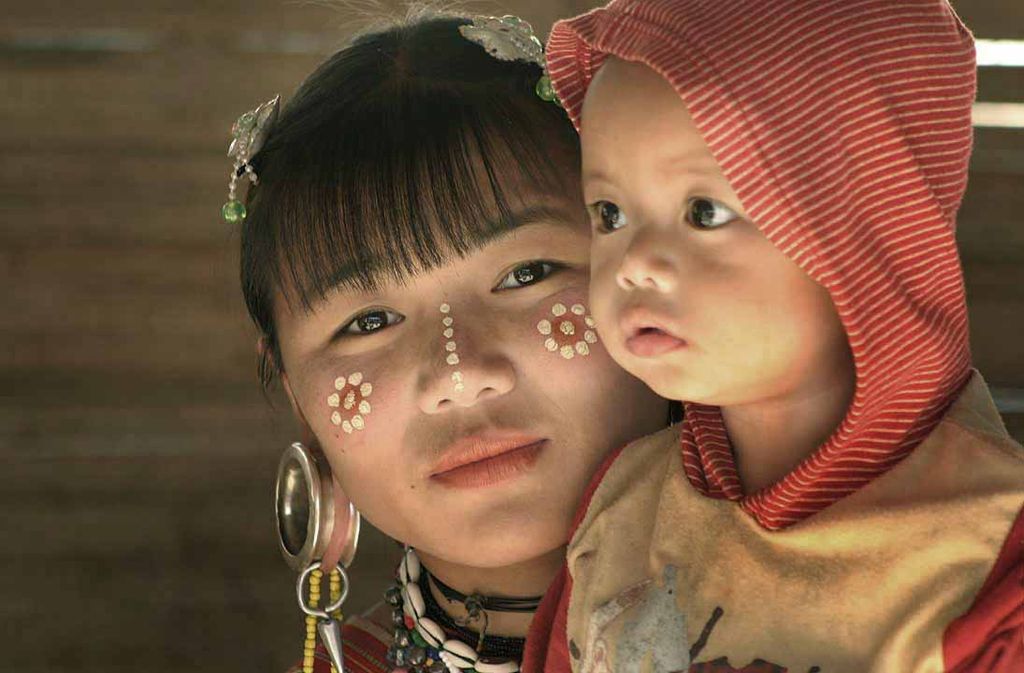
Imagine a life as a victim of gender based violence and discrimination where you are living in constant fear. With a military regime that uses sexual violence against women as a weapon of war this way of life is an all too familiar reality for Burmese women refugees. To the soldiers it seems women are seen purely as entertainment. Some are openly kept as sex slaves or impregnated and left behind with no support, often suffering from pre and postnatal complications. Acts of rape, abuse, torture, and human trafficking are all a reality for those who are trying to seek a safe haven from a distressed home in neighboring countries.
Assessing The Situation
Myanmar, otherwise known as Burma, has an estimated population of 57.6 million people and is one of the most ethnically diverse countries in Southeast Asia. According to Irin News, over half the population are Burmese with the rest being made up of Shan, Karen, Rakhine, Chinese, Chin, Akha, Danu, Kachin, Kokang, Lahu, Naga, Palaung, Pao, Rohingya, Yavoyan, and Wa people. While they battle against a brutal military regime, internal conflict between many of the ethnic groups also keeps the people of Burma from the unification they seek. Issues such as power struggles and tension over the resources — including gold, gems and timber — and an overall distrust are at hand. Each group wants to protect their individual languages, customs, culture and natural resources that make up their national identity.
The military has ruled the country since 1962 and seems to think that an oppressed, sick, and uneducated citizenry poses less threat to their power. Since 1988 the military has doubled in size and currently consumes almost half of the annual budget—all while spending less than $1 per citizen a year on necessities such as health care. For example, the patients pay for more than 90% of health expenditures making healthcare an unavailable option for the majority of the poverty stricken population.
An article written by Reportage stated that education has also been left neglected due to corruption and low teaching salaries. Though the regime has built a number of universities they don’t allocate nearly enough funds to keep them operating. In order to deflect from this the government provides educational degrees of suspicious quality, which in turn raises the country’s educational statistics. Therefore, it is not uncommon for a taxi driver to have a master’s degree in subjects such as philosophy or law.
Faulty economic policies have resulted in a massive double-digit inflation that leaves little to nothing for the people’s wages and salaries. An average Burmese lives on less than a dollar per day and the minimum wage is worth almost 10 times less than it was 20 years ago. The country has gone from being one of the richest in the region to one of the world’s most impoverished, all while the military exploits the country’s riches.
As with every ethnic conflict civilians become the targets of the monstrosities committed. As Sheena Kumari explains in depth with her article for Women In Security, unfortunately women tend to suffer greatly as they are not only oppressed due to their ethnicity, but gender as well. Women are extremely vulnerable and subject to countless violations of their basic rights, ranging from the widespread use of rape as a strategy of ethnic cleansing, to the denial of their economic, social and cultural rights, to the obligation to serve as porters for the army and forced laborers for infrastructural projects. Many have fled from Myanmar to escape ethnic civil war, ethnic isolation and discrimination, severe human rights abuse, ruthless military regime, religious and political discrimination, and lack of educational and employment opportunities. In short these women, many of whom are widows and single mothers, all flee in search of a better life.
Seeking Safety
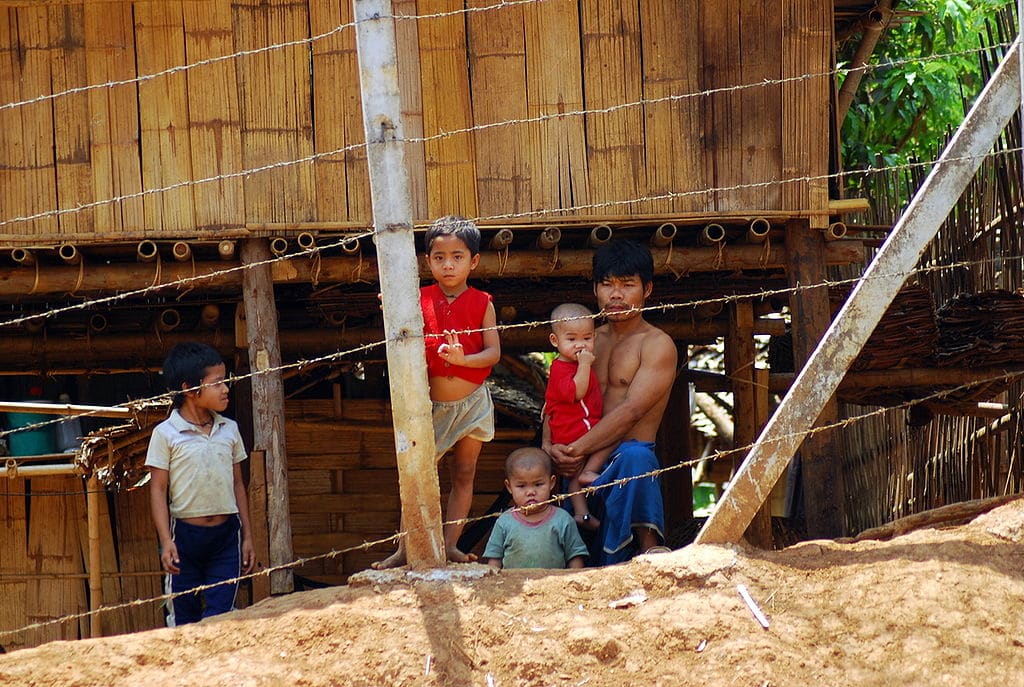
Refugees seek asylum in neighboring countries such as India, Bangladesh, Thailand, and Malaysia. Thailand is said to be home to upwards of two million refugees and migrants; Bangladesh, a country struggling with its own poverty issues, is also home to almost a million Burmese; however, the safety they seek is often not found in these neighboring countries, as the refugees are forced further into poor living conditions and poverty. The women, who are often also supporting a family, struggle to receive basic necessities such as food and shelter.
According to Cultural Survivor, due to extreme poverty in the countries they have fled to refugees are unable to use public health and legal services. They also seldom report any of the assaults or acts of discrimination for fear of being shamed. Even those that do have the courage to report to the local police rarely have their cases registered and are often pressured to drop prosecution in exchange for a small amount of money.
Refworld has touched on the fact that treatment from locals and government is also far from fair. Even though the Burmese women have come to escape the aforementioned brutality in their home country they still face a similar situation where they are seeking refuge. Sexual and physical abuse, exploitation from locals, being underpaid or not paid at all and forced to work in extremely unsafe conditions is a common occurrence.
What Is Being Done?
Information sourced from Reportage has said that the harsh reality is the surrounding countries the Burmese women migrate to often ignore the conditions the refugees are thrown into. The policymakers, who often neglect the basic needs of their own people, give little consideration to the rights and needs of the foreign victims, elevating the risk of further human rights abuse.
Policymakers often try to force repatriation to the country of origin since voluntary return isn’t common. The problem with this is that repatriation into the refugee’s home country isn’t a safe option and many often return a second or third time seeking refuge. By returning the women are swept into a repetitive cycle of violence and exploitation. Many times, this cycle leaves them in greater debt and in an even more vulnerable position to corrupt practices.
Integration into asylum countries and resettlement are the most viable option in these cases. Though even settlement into asylum countries is a difficult task as discussed. Thankfully, more developed countries such as the US, Canada, Australia and New Zealand have begun offering a safer place for the refugees. There are high hopes that resettlement will lead to a better life full of opportunity for the Burmese, however, at this point in time it is seemingly a waiting game for all.
How To Get Involved
The Open Society Foundation has listed the following as the best ways the general public can get involved are:
• Contribute funds to support women’s organizations that are working towards justice against the violence in Burma. • Stay informed and spread the word! This is where the power of social media can come in handy. The UN and international government leaders from both NGOs and INGOs all have a web presence so get in touch.
If you would like to get involved here are a few great places throughout to either donate or volunteer with:
• The Burma Refugee Family Network is always looking for volunteers to help with things like social media, grant writing, and fundraising. Take a look at their website to find out how to lend a helping hand.
• Eyes To Burma is a small non-profit organization providing daily assistance to Burmese refugees. For more information see their donation page or read more about how to get involved with them.
• Thai Freedom House is a non-government, non-profit community language and arts learning center based in Northern Thailand. They’re committed to assisting families and individuals who are refugees from Burma and Indigenous Thailand. They offer on-site learning centers, off-site projects, and community education. Read more about how to get involved with them here.
• Projects To Support Refugees From Burma, or PSRB, is based in the UK and been taking on projects to support Burmese refugees for the past 16 years. They have done everything from building schools to creating self-help groups. They also make annual donations to similar organizations helping refugees. To make a donation please see their donation’s page.
Have you participated in a project that aids Burmese women? Please share in the comments below.
By Mariana Ruiz
Bonus Myanmar Travel Resources
Trekking Kalaw To Inle Lake: A Beautiful & Culturally Immersive Adventure
Myanmar Travel: Local Finds In Urban Yangon
14 Best Spiritual Yoga Retreats To Strengthen Your Body, Mind & Soul
Opening Ocean Doors Through Travel: Surf Tourism In Myanmar
Latest posts by Mariana Ruiz (see all)
- #ProjectLoveNote: The Curative Paradise Of Pai, Thailand - Jul 9, 2015
- Personal Transformation Through Travel - Jul 28, 2014
- The Plight Of Burmese Women Refugees (And How You Can Help) - May 19, 2014
- Meditation And Travel Were Made For Each Other - Feb 25, 2014
- Coffee, Hiking And ‘Afternoonlife’: Bondi Beyond The Beach - Jan 30, 2014

